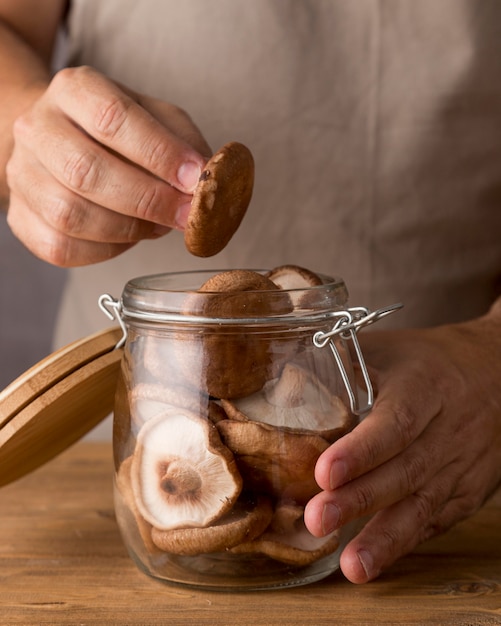
Fermented foods like sauerkraut, kimchi, and kefir are popping up everywhere, but do they actually boost your health? Let’s delve into their potential benefits.
Over a decade ago, Donna Schwenk faced serious health challenges. At 41, she was pregnant with her third child, Holli, and dealing with preeclampsia, which led to an emergency C-section. Born prematurely and underweight, Holli needed extra care. Meanwhile, Schwenk battled diabetes, high blood pressure, and extreme fatigue, which made caring for her newborn difficult. She was desperate for a solution and stumbled upon kefir, a fermented milk rich in beneficial bacteria, in a health food store after reading “The Body Ecology Diet” by Donna Gates. She started by adding it to Holli’s diet, and soon, both mother and daughter experienced significant health improvements. Within 12 weeks, Schwenk’s blood sugar and blood pressure were back to normal, and she felt revitalized.
After these personal breakthroughs, Schwenk authored a book advocating fermented foods, convinced they positively impacted her gut health and overall well-being. Emerging research suggests that such foods not only improve digestion but also benefit immunity, metabolism, and even mood. Schwenk, featured in a PBS Special on health breakthroughs, isn’t alone in promoting fermented foods. The New York Times highlighted them as a key trend for the future.
Prominent figures like Michael Pollan and nutritionists such as Kimberly Snyder also support fermented foods, encouraging consumption for improved health. Snyder believes that incorporating fermented vegetables, among other dietary modifications, clears skin, boosts energy, and aids weight loss.
Current studies focus on gut health as a critical element of wellness. Clinical nutritionist Kathie Swift emphasizes that gut bacteria balance is crucial for nutrient absorption and overall health. Disruptions in gut flora can contribute to various health issues, from chronic fatigue to immune system disorders and skin conditions. Swift points out research where altering gut bacteria in mice led to weight loss and behavioral changes.
Your gut hosts trillions of bacteria, both beneficial and harmful. Aging, diet, stress, and medications can upset this balance, leading to health problems. Nutritional therapist Daniel O’Shaughnessy warns against relying solely on commercial probiotics, which often contain high sugars and transient bacteria.
O’Shaughnessy suggests that a varied diet of fermented foods provides a broader spectrum of beneficial bacteria needed for good health, as these contain different strains than what’s found in commercial products.
Fermentation is an ancient method for preserving food, boosting nutrient availability, and aiding digestion. Foods like kimchi in Korea and sauerkraut in Germany are staples in many cultures. Japan, known for its long life expectancy, regularly includes fermented foods in their diets, which contributes to their overall health alongside green tea and fish.
While fermented foods are beneficial, moderation is key. Too much can upset your stomach, so start with small portions and gradually increase intake. It’s important to choose products with raw, live cultures, as pasteurized options lack these beneficial bacteria.
Fermented foods are easy to make at home, like sauerkraut and yogurt alternatives. Kefir, miso, and kombucha are readily available and offer diverse bacterial strains. However, balance and variety are essential for maintaining a healthy gut.
In summary, fermented foods have long been a part of traditional diets and are gaining modern popularity for their health benefits. With careful integration into your diet, they can support gut health, enhance nutrient absorption, and contribute to overall well-being.




